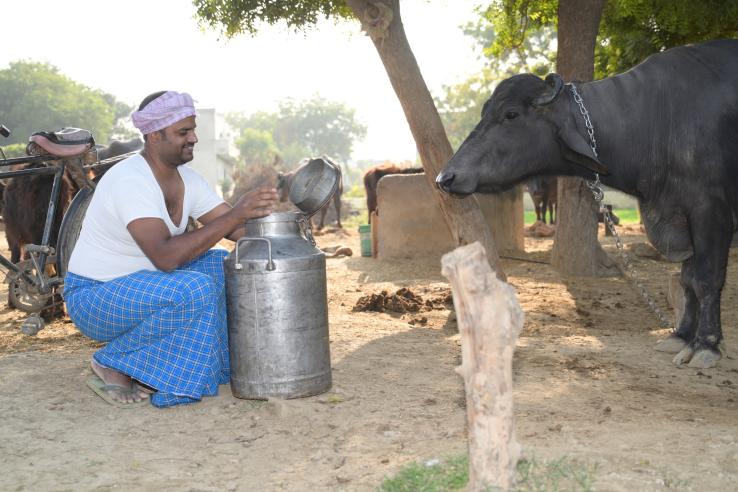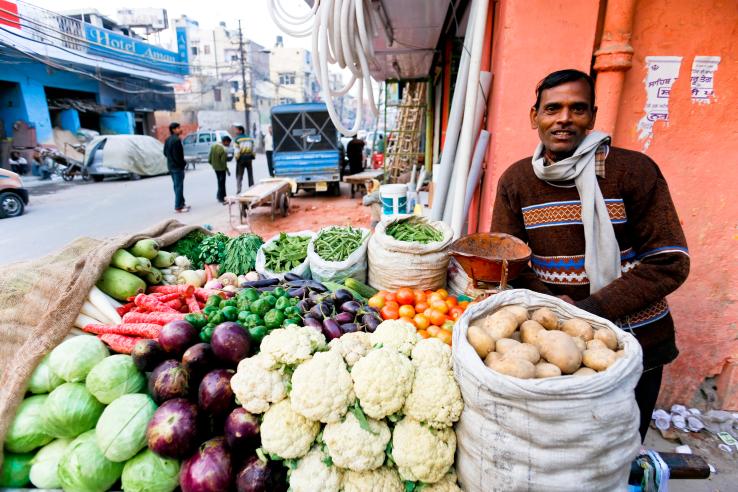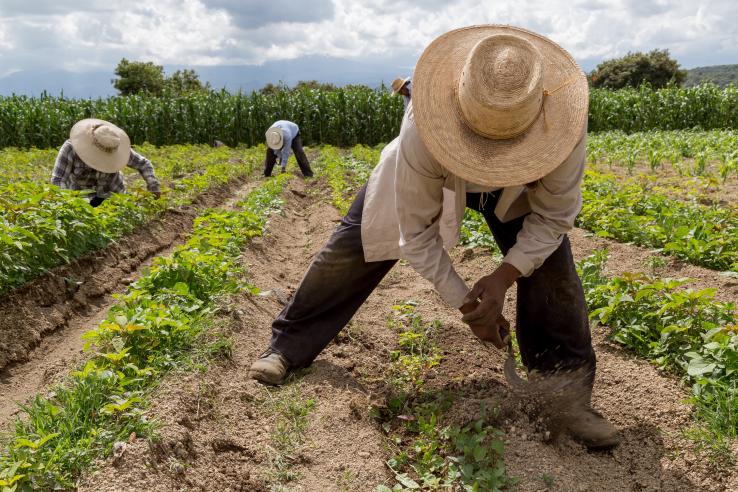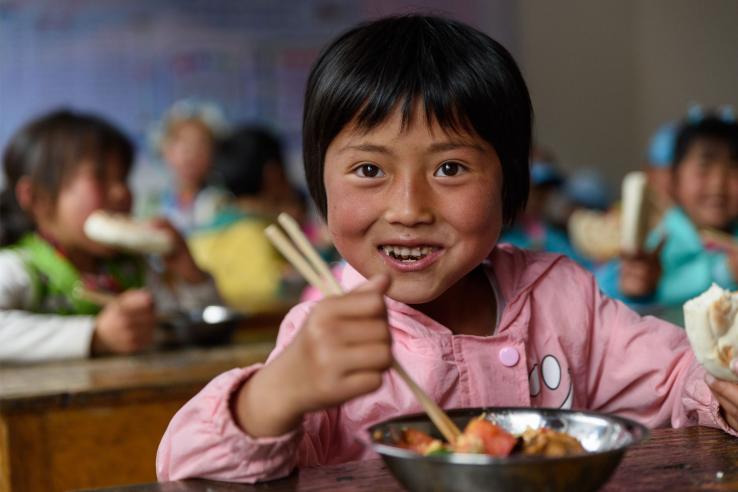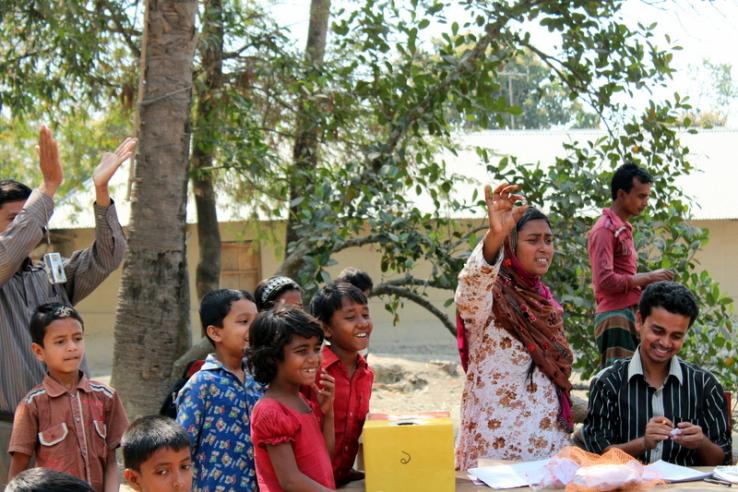Displaying 256 - 270 of 1291
Evaluation
Researchers evaluated the effect of the framing of potential investment options on people's investment in life annuities. They found that individuals were more likely to prefer an annuity when their options emphasized future consumption, rather than framing options in terms of investments. These preferences were revealed in hypothetical, but realistic, scenarios.
Evaluation
This study measured the effect of receiving free subscriptions to either a liberal or conservative-leaning newspaper on voters’ political knowledge and opinions in the United States. Results demonstrated that neither subscription had an impact on voters' political knowledge, but that both subscriptions caused voters to increase their support for the Democratic presidential candidate. This suggests that the informational effect of news exposure was stronger than the effect of the slant.
Evaluation
This evaluation studies the effects of flexible repayment schedules on borrowers’ investment level, consumption, and loan default in the dairy industry in India.
Evaluation
Researchers evaluated the effect of personalized options information on seniors' plan choices. They found that people who received personalized information were more likely to change plans, resulting in an average saving of US$100 per year. This suggests that direct information delivery can decrease the difficulty of comparative research, thereby helping consumers make more informed decisions about government services.
Evaluation
Researchers evaluated whether offering market vendors cash grants to pay off existing debt and financial training influenced future borrowing behavior. While market vendors were less likely to borrow and borrowed in smaller amounts in the short-term, most returned to debt within six weeks.
Evaluation
Researchers used two randomized evaluations to identify whether the motive for giving in public can be primarily linked to a desire for prestige (the “image” effect) or a hope that a public gift will influence others (the “signal” effect). They found that a desire to improve social image largely explained why public recognition of contributions to charitable organizations increased individual donations in the United States.
Evaluation
Researchers evaluated how microcredit clients in South Africa responded to changes in loan terms. They found that clients adapted both their demand and compliance based on loan terms, and were particularly sensitive to above-average interest rates.
Evaluation
In partnership with the Latvian tax authority, researchers tested several types of emails to investigate the effect of behaviorally-informed messages on tax compliance. Messages that aimed to deter bad behavior by highlighting taxpayers’ moral obligations towards action increased on-time tax declaration submissions. In contrast, messages meant to induce social pressure did not increase on-time compliance, though they increased overall submission rates (i.e., the submission of on-time as well as late declarations).
Evaluation
Smoking and drinking are two of the most important risk factors explaining early mortality, accounting for an estimated 14 percent of deaths among youth worldwide. In the Dominican Republic, researchers examined the effect of increased schooling and decreased work on smoking and drinking behavior among secondary school-aged boys. Youth with more schooling were much less likely to smoke at age 18 and began drinking at a later age, although by age 18 they drank just as much as boys with less schooling.
Evaluation
In Mexico, researchers conducted a randomized evaluation to test the effect of providing plot-specific or general soil quality analyses and input recommendations, agricultural extension services, and flexible or inflexible in-kind grants on smallholder farmers’ adoption and knowledge of improved practices and fertilizer combinations, yields, profits, and attitudes toward innovation. In the short run, they did not find differences on farmers’ fertilizer adoption when comparing specific and general input recommendations, nor when comparing flexible and inflexible in-kind grants. However, farmers with greater grant spending flexibility had substantially higher adoption of improved practices two years after the intervention ended.
Evaluation
A number of low-income countries subsidize the price of staple foods such as rice in an effort to improve nutrition, and these programs generally enjoy great public support. However, subsidizing staple foods may cause households to shift to their spending to better-tasting foods that are actually less nutritious. In China, researchers analyzed the impact of food subsidies on nutrition and found no evidence of a positive impact. In fact, the subsidies may even have caused some households to consume fewer calories and important vitamins and minerals.
Evaluation
Researchers evaluated the impact of different approaches designed to increase latrine coverage on actual latrine coverage, investment in hygienic latrines, and the prevalence of open defecation.
Evaluation
Researchers worked in Peru to measure the marginal impact of adding business training to a group lending program. The results of this study found business training slightly improved business practices, but had no impact on key business outcomes such as revenue and profit.


